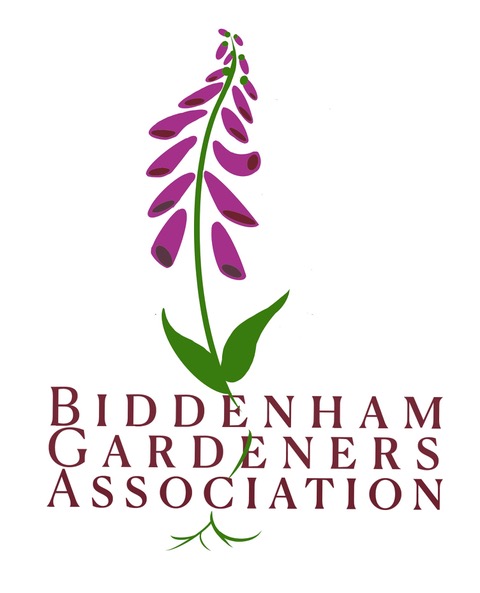Were you one of the almost 100 people in the Village Hall on 19th June? – If not, you missed a real treat. Christine Walkden, lecturer at WrittleCollege, horticultural adviser and TV Gardening Presenter entertained us for well over an hour in her own inimitable way. Her brief was to talk about plants for difficult places but she could, in fact, have kept us entertained by talking about anything. She began by stating that no where is difficult if you know what you are doing. Instead of concentrating solely on the plant, address the situation – identify the problem – is it the soil or is it environmental? Then look at the plant material.
Christine related her presentation to two aspects – dry situations and the garden in winter. In large parts of this country today, in spite of the recent heavy rainfalls, there is a huge soil moisture deficit; a great deal of rain is needed in order to re-hydrate the soil. There is also organic matter deprivation and Christine said that the key to problem places is to dig in as much organic matter as possible. She then went on to show a range of slides depicting plants that she called “common” – each one reliable, easy to grow and standing the test of time but each common plant being unique. Christine showed a good range of annuals including the poached egg plant (limnanthes douglasii), clarkia bottae, layia elegans – whose leaves become more silver in dry conditions, eschscholzia (the Californian poppy), helichrysum and nicotiana to name a few examples. All of these plants are fine in dry conditions once they are established – until that time they need a reasonable supply of water. Christine suggested that looking at where plants originated for example, South Africa, California, Italy would give an indication as to their tolerance to drought. All silver foliage plants will cope with dry conditions as the hairs on their leaves reflect the light. Also, the smaller the leaf the more likely it is to survive dry conditions – think of thyme, rosemary, hebes etc. Christine said she was a particular fan of euphorbias – of Mediterranean origin, with a huge range in terms of size and colour and which do well in hot, dry and windy conditions.
We gleaned tips from Christine as her talk progressed – place your cut flowers in fizzy lemonade to prolong their life, the carbon dioxide absorbs the ethylene given off by plants which accelerates their ripening and subsequent decay. When sowing annuals don’t use any fertilizer, plants which are grown hard will be stronger and produce more flowers. And so we progressed on to winter.
Enjoy your garden in winter was Christine’s mantra – get out there and smell the flowers – and there are plenty of plants that do flower in winter, cyclamen, mahonia, daphnes, viburnums, camellias were amongst many illustrated by Christine. Take a note of where the sun is in your garden in winter and plant trees and shrubs that will shine out in the sun – prunus serrula for its fabulous mahogany coloured bark, the betulas for their brilliant white bark (we have all been entranced by those at Anglesey Abbey) the cornus that must be pruned back to two buds in late spring in order that more new brightly coloured stems are produced for the following winter, sorbus and shrub roses for berries and hips. Christine’s extensive knowledge as a professional horticulturalist and hands on practical gardener shone through and her enthusiasm for her subject was infectious.
We rounded off the evening with an excellent selection of home made cakes and our thanks go to all those members who baked them and served the tea and coffee.
Our next meeting will be our AGM on 17th July. Please do join us for a non garden related short talk followed by cheese and wine.
Linda Truscott
New members are always welcome. For more information about the Association contact:
Gloria Clarke, Secretary, on 01234 357676
See our new website:- www.biddenhamgardenersassociation.org.uk




